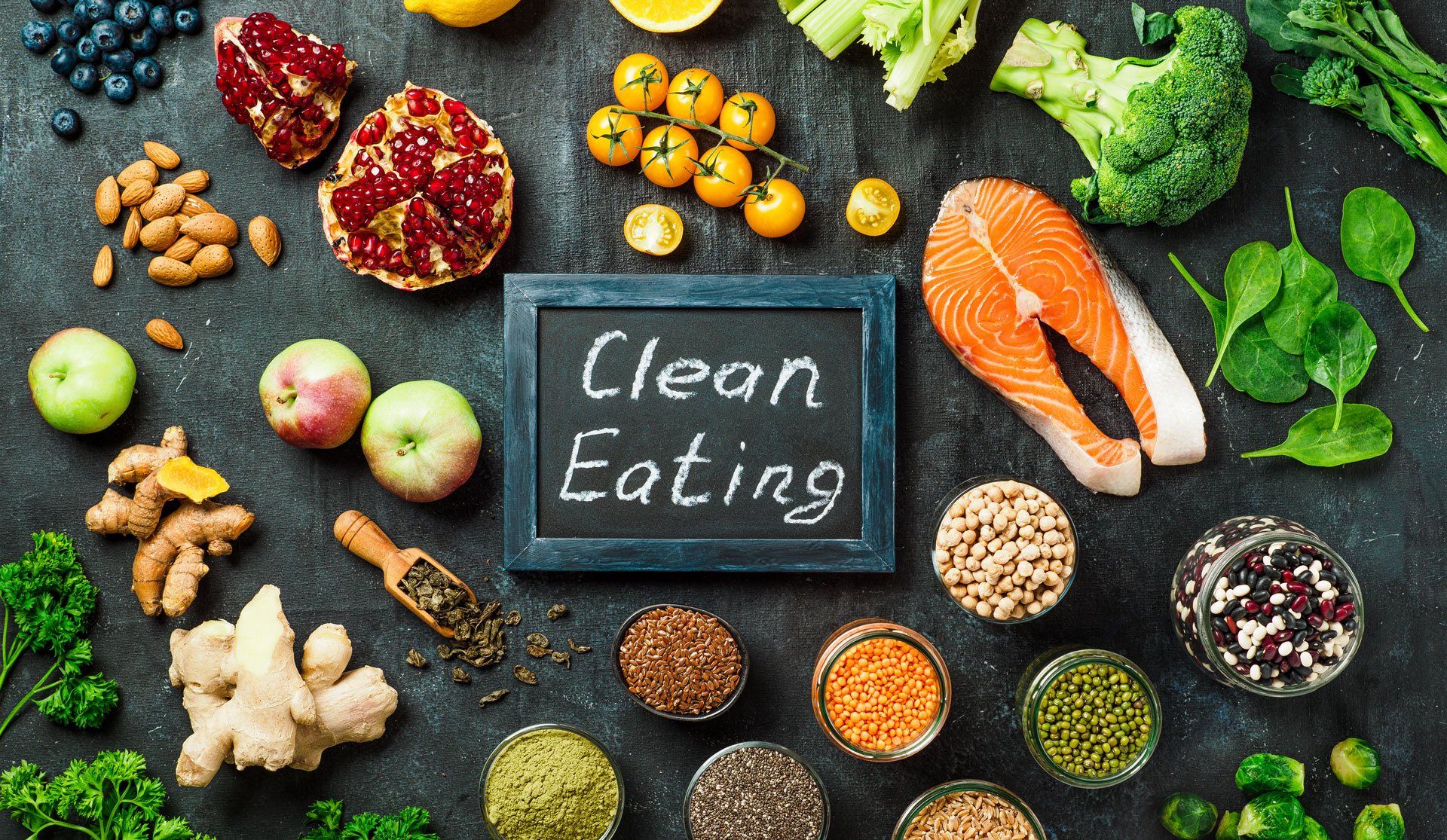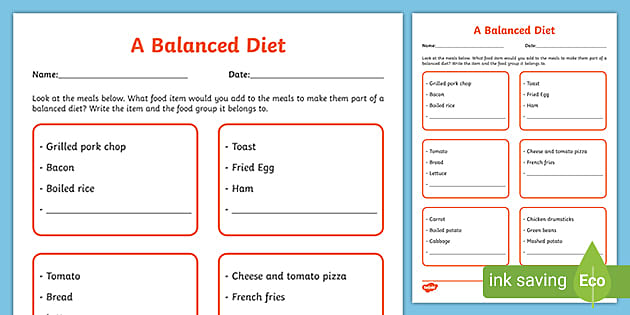
Mediterranean eating is a lifestyle choice that can help you lose weight while maintaining a healthy heart. You will live longer and be healthier thanks to the inclusion of more than 12 heart-healthy ingredients. Although the foods on this diet are high in calories, they're also among the healthiest on earth. The best part about this diet is you can eat whatever you want, just make sure that you are not eating too much.
A Mediterranean diet is based around the belief that eating a wide variety of foods is the best method to avoid heart disease. It includes lots of fruit and vegetables and healthy fats, while still allowing red wine and poultry. This diet encourages the consumption of whole, nutritious foods as well as limiting processed, added sugars, and sodium. It promotes healthy eating habits as well as a healthy lifestyle.

Although the Mediterranean diet includes very little red meat, it does include small amounts of eggs and nuts. These foods have been shown to reduce your risk of developing heart disease by 30%, according to research. There are also benefits to the Mediterranean diet, such as a decreased risk of heart attack and stroke, and dementia. There are also many other benefits, and you can find out more about them by reading this Mediterranean diet review. Incorporating more of these foods in your diet can help you to create a new life.
According to the American Heart Association, a review of Mediterranean diets shows many benefits for your health. It lowers your risk of ischemic heart disease and hypertension, and it is especially good for diabetes. The Mediterranean diet is not for everyone. The Mediterranean diet is not for everyone. For instance, women should only consume one 5-ounce glass of wine per week, while men can have up to two glasses. The Mediterranean diet has moderate dairy intake. It offers a high-fiber diet, which is rich in nutrients and fiber.
The Mediterranean diet has another benefit: it is high in fiber. Wholegrains, when compared to white bread, are more filling than refined flour. Although Mediterranean diets are low in fat, they are high in monounsaturated oils. Because of this, it is less likely than other diets to lead to heart disease. It also contains less saturated fats and trans fat. In addition, a Mediterranean diet is rich in antioxidants.

High levels of antioxidants are also found in the Mediterranean diet. Studies show that it lowers the risk of dementia, Alzheimer's disease, and stroke. Its antioxidants also help fight harmful free radicals. The antioxidants in the Mediterranean diet have been shown to help protect the body against oxidative damage from free radicals. These free radicals have been linked to reduced risks of certain types cancers and heart disease. We will be reviewing the Mediterranean diet to help you get the best out of it for diabetes.
FAQ
What is the best workout order?
It all depends on your goals. You should start with heavy weights if your goal is to build muscle mass. Next, you can move onto cardio. If you are looking to lose weight, then move on to strength training.
If you just want to burn fat, start by doing cardio. You can then add strength training.
Cardio is the best way to build muscle mass.
You should also eat before your workout. This will give your muscles more fuel, so they work harder. It makes you feel better when you exercise.
Do Men Need A Gym Membership?
For men, a gym membership is not required. But, if you do join a gym, it will make your money go further.
Many gyms offer free trial memberships that allow you to test the facilities before signing up for any monthly fees.
You can use our gym anytime you like and it's free. You can cancel your membership as soon as you decide whether you love or hate it.
Are there any benefits to practicing yoga?
Yoga has been popular since ancient times. Yoga is now very fashionable among celebrities and everyday people who want to look and feel good.
Yoga is great for strengthening and stretching your muscles. It also relaxes your mind and makes you calmer.
Yoga is more focused on breathing than other forms of exercise.
Different poses can be practiced to increase flexibility and balance.
What's the Best Way to Lose Weight?
It's not easy to lose weight. Many people quit because they don’t know where to start.
However, there are some simple steps that you can take to shed those extra pounds.
First, you must ensure you eat fewer calories than you burn. If you are eating more than you are burning, then you are going to gain weight.
Second, you must start exercising regularly to burn off all those calories. There are many types of exercise you can do, such as walking, running, cycling, and dancing.
Third, you must stop smoking cigarettes and drinking alcohol. These habits make it more likely that you will consume more calories than you would normally.
Fourth, cut down on junk food and fatty foods. You can replace them by healthier choices such as fruits, vegetables or lean meats.
Fifth, you must change your lifestyle and adopt new habits. For example, you may need to get up early every morning to exercise before work.
Sixth, you must be disciplined and follow your diet plan.
Lastly, you can join a gym or attend an aerobics class to burn those excess calories.
You'll quickly start to notice results if you follow these simple tips.
Statistics
- The PRS enabled risk stratification for overall prostate cancer and lethal disease with a four-fold difference between men in the highest and lowest quartiles (HR, 4.32; 95% confidence interval [CI], 3.16-5.89). (pubmed.ncbi.nlm.nih.gov)
- Get free shipping and 25% off today. (healthline.com)
- Are You One of the 20% of Guys (mh.co.za)
- Candidates and applicants must pass all four tests at 70% (minimum level) to graduate from Basic Deputy U.S. Marshal (BDUSM) Training. (usmarshals.gov)
- By John Thompson Take a whopping 38% off a set of PowerBlock Pros. (menshealth.com)
External Links
How To
How do I lose weight while working out?
Exercise helps you lose calories by increasing your metabolism and oxygen intake.
You'll lose weight safely if you exercise at moderate intensity.
These tips will help you burn fat and keep fit while exercising.
-
Cardio exercises include walking, running, swimming, cycling, running and jogging.
-
Do 30 minutes of exercise three times a week.
-
Strength training is a great way to lose weight.
-
Avoid intense exercise. You can build muscle and not break down muscle tissue.
-
During exercise, drink plenty of water. Water flushes out toxins, and keeps your body properly hydrated.
-
Choose low-fat protein shakes after working out. Protein shakes boost energy and repair muscle tissue.
-
So you don’t feel hungry, eat smaller meals throughout your day.
-
Don't skip breakfast! Skipping breakfast can leave you feeling tired and sluggish.
-
Take care of your mental health. Stressful situations can slow down metabolism.
-
Keep a positive attitude. Studies show that overweight people are more likely to be obese than those who perceive themselves as attractive.
-
Get enough sleep. It is harder to lose fat if you don't get enough sleep.
-
Keep active. Get up every hour and get moving.
-
Maintain a healthy diet. Eat right to feel satisfied and full for longer.
-
Find relaxation methods. An anxious mind won't allow your body release stress hormones, which can lead to the destruction of muscle tissue.
A balanced diet contains all necessary nutrients for growth and development.
You should eat six small meals per day rather than three large ones. This gives your body time and energy to process the food.
You need about 500 milligrams of calcium daily to maintain strong bones. Calcium can be found in dairy products such as yogurt, fortified soybean beverages, orange juice, cereals, bread, and cereals.
Calcium can be found in leafy green veggies, beans, tofu and nuts as well as seeds, nuts and cheese.
Vitamin D is required by the body to absorb calcium. Vitamin D can be found in egg yolk, fatty fish, and other fortified foods.
Vitamin E is crucial for skin health. It can be found as a vegetable oil, wheat germ, peanuts or almonds.
Your body needs zinc to maintain normal immune function and heal wounds. Zinc is found in seafood, oysters legumes meats, whole grains, whole grains and meats.
Zinc deficiencies can lead to fatigue, decreased appetite, depression, and reduced immunity.
Insulin resistance is caused by eating too much sugar, which can increase blood glucose levels. Insulin resistance leads directly to weight gain.
High levels of free radicals can lead to insulin resistance. Free radicals are molecules with unpaired electrons that damage cell membranes and other parts of the body.
The main sources of free radicals are food additives.
Free radical damage can cause cancer, heart disease and diabetes, as well as arthritis, asthma, and other diseases.
The best way to avoid free radicals is to eat a balanced diet high in antioxidants. Antioxidants protect against oxidative damage.
Antioxidant vitamins include Vitamin C (found in citrus fruits), beta carotene (found in carrots, sweet potatoes, spinach, broccoli, cantaloupe, apricots, squash, mangoes, peaches, peppers, tomatoes, cabbage, cauliflower, kale, Brussels sprouts, collard greens, watermelon, and strawberries), and Vitamin E (found in nuts, olive oil, avocados, and eggs).
Additional antioxidant nutrients include selenium and copper, manganese and zinc.
Selenium is known to protect cells from the oxidative damage that free radicals can cause. Selenium may be found in Brazil nuts as well tuna, liver and kidneys. It can also be found on shrimp, cod, turkey, beef lamb, pork, chicken, and other foods.
Copper protects the eyes, brain, lungs, liver, and red blood cells. Copper can be found in shellfish and poultry as well as meat and organ meats.
Manganese plays an important role in bone structure. Manganese is found as a component of bone structure in brown rice (spinach, bananas), prunes, raisins and oatmeal.
Zinc helps with normal growth, reproduction, as well as wound healing. Zn is found in lean meats, poultry, white fish and eggs.